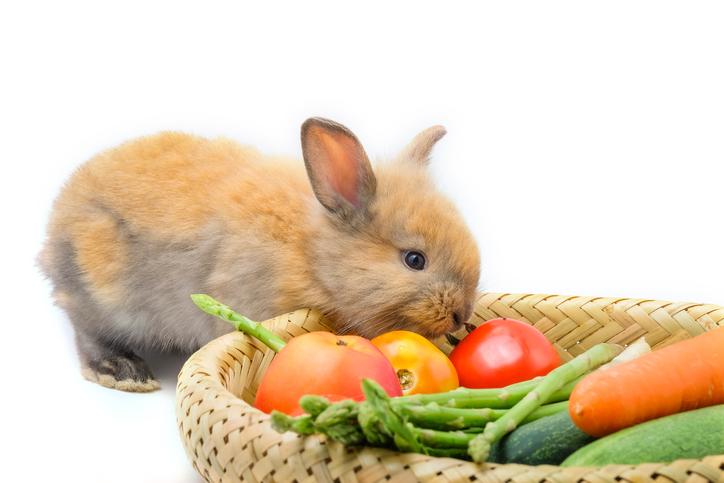
Due to their adorable and cuddly appearance, small mammals like hamsters, guinea pigs, and rabbits are beloved pets. Even so, many pet owners don’t realize how important it is to feed their pets healthy food. For small mammals to stay healthy, avoid diseases, and live longer, they need a balanced diet. This in-depth look at the importance of good nutrition for small animals will cover things like the risks of an unhealthy diet, the best things to eat, common nutritional deficiencies, feeding tips, and supplements.
These species all have particular dietary requirements that change based on their species, ages, and levels of activity. To make sure they get all the nutrients they need, including proteins, carbs, fats, vitamins, and minerals, they must eat a balanced diet. For tiny mammals to maintain a healthy body weight, have powerful immune systems, and avoid diseases, proper nourishment is essential. A diet deficient in vital nutrients can cause a number of health difficulties, including reduced immune systems, tooth problems, and digestive disorders.
Maintaining good health and preventing diseases require a balanced diet. Obesity, diabetes, and digestive issues can result from a diet that is heavy in carbohydrates but low in fiber. On the other side, a diet low in fat and high in fiber might result in weight loss and malnutrition. A variety of foods that satisfy tiny animals’ nutritional needs should be part of a balanced diet. This includes seasonal delights like nuts and seeds as well as fresh fruits, vegetables, hay, and pellets.
The risks of eating poorly
For these animals, a poor diet can have serious repercussions. For instance, dental issues, obesity, and diabetes can result from a diet heavy in sugar and fat. Malnutrition, weight loss, and impaired immune systems can result from eating a diet low in vital nutrients. Furthermore, giving tiny mammals the incorrect nutrients can result in digestive issues, including diarrhea and constipation. Avocado, chocolate, and coffee are just a few of the items that can be hazardous to small mammals.
In terms of diet, rabbits need a diet high in fiber to maintain a healthy digestive system, while hamsters need a diet high in protein to sustain their active lifestyle. To feed your small mammal pet a balanced diet, it is crucial to learn about their nutritional needs. Also, since dehydration can result in a number of health issues, small mammals must always have access to fresh water.
The optimal diet is one that consists of a range of foods. This includes natural foods like hay, pellets, and even sweet treats. Fresh produce offers vital vitamins and minerals, while hay offers fiber to help with digestion. In moderation, pellets should be provided because they are carefully made to suit the nutritional needs of tiny mammals. With their high fat content, occasional indulgences like nuts and seeds should only be offered in moderation.
Small mammals may not get all the nutrients they need if they don’t eat a balanced diet. For instance, guinea pigs that are deficient in vitamin C might get scurvy, and rabbits that are deficient in calcium can have brittle bones. All small mammals may experience digestive issues due to a lack of fiber. To avoid nutritional deficits, it is crucial to give tiny animals a balanced diet that satisfies their needs.
